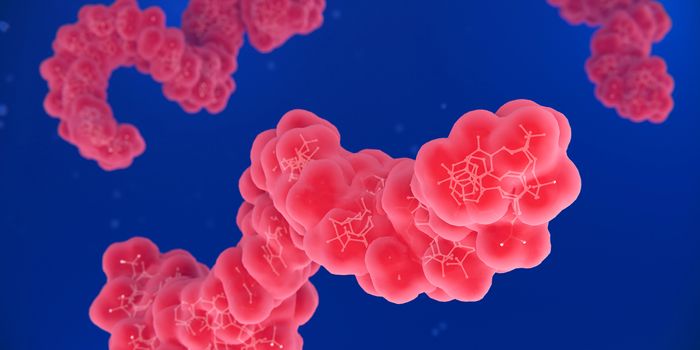Publishing in the journal
Diabetes, investigators have found that protein S, a molecule made by endothelial cells, could aid in the prevention of beta cell death in diabetes.
As explained in the video above, diabetes is a serious worldwide health problem, and the number of cases is projected to rise from around 285 million in 2010 to about 400 million by 2030. Diabetes is also the fourth leading cause of death globally. There are two major forms of the disease; type 1 indicates that the body doesn’t produce insulin, and in type 2, the body either cannot properly utilize or makes too little insulin. The problems with insulin in both types of diabetes can be traced back to the death of pancreatic beta cells: vital cells that both create and regulate insulin in the body.
While medications have been made that help manage diabetes, no therapy exists that cures it. Over time, the disease can be detrimental to multiple organ systems including the eyes, kidneys, nerves and heart.
Now, Isaac Cann, a professor of animal sciences and microbiology at the University of Illinois, has collaborated with researchers at Mie University School of Medicine in Japan to demonstrate that protein S is reduced in people with diabetes. They show that protein S supplementation can help ameliorate the effects of the disease by reducing death in the beta cells.
"A significant problem of diabetes is the death of the beta-cells which of course, produce insulin. Type 1 diabetes is mostly genetic, whereas type 2 is basically lifestyle-related, but the progression of diabetes is the same," Cann says. "We know that in each case there is apoptosis [death] of these cells that produce insulin. So this study is really looking at how to prevent this cell death. Irrespective of the type of diabetes, if protein S is actually able to prevent death of the cells that produce insulin, then of course it is going to help in both cases.
"And so by finding that this protein, which is actually made by humans, suppresses the death of these cells is really a major finding. Maybe supplementation of this particular protein can help alleviate the progression of the disease."
Protein S regulates inflammation and cell destruction or cell death.The researchers wanted to compare the development of diabetes in mice that were altered genetically to produce extra protein S, or were given protein S after developing diabetes.
They observed significant improvements in diabetic symptoms - blood glucose levels, glucose tolerance, insulin sensitivity, as well as less severe kidney damage in both protein S mice and mice that had been supplemented with protein S.
Since the level of protein S circulating in the blood is reduced in diabetics, the scientists were encouraged to see an impact after treatment with protein S.
"Our bodies are very complex. Unless there is another protein that degrades that protein S--which in that case, this sort of treatment is not going to work-- we thought that perhaps boosting or administering protein S could work. We did not see degradation of protein S, at least in a mouse. If you administer it directly or increase the level, you see the good effect. So perhaps if you give it to humans, it will not be degraded and it will prevent the death of cells that make insulin," Cann explains.
Cann adds that it may take time before any treatment could be made available to patients, but that there is now enough evidence to prompt researchers to move forward with protein S.
"We think this is just a first step for these collaborations. We will also be bringing in our knowledge of the microbiome to work on diabetes, and maybe find some new solutions," Cann says. "Many labs are working on this, but this is a very important contribution. Hopefully this is a concept that others will go out and test."
Sources:
AAAS/Eurelalert!,
Diabetes










